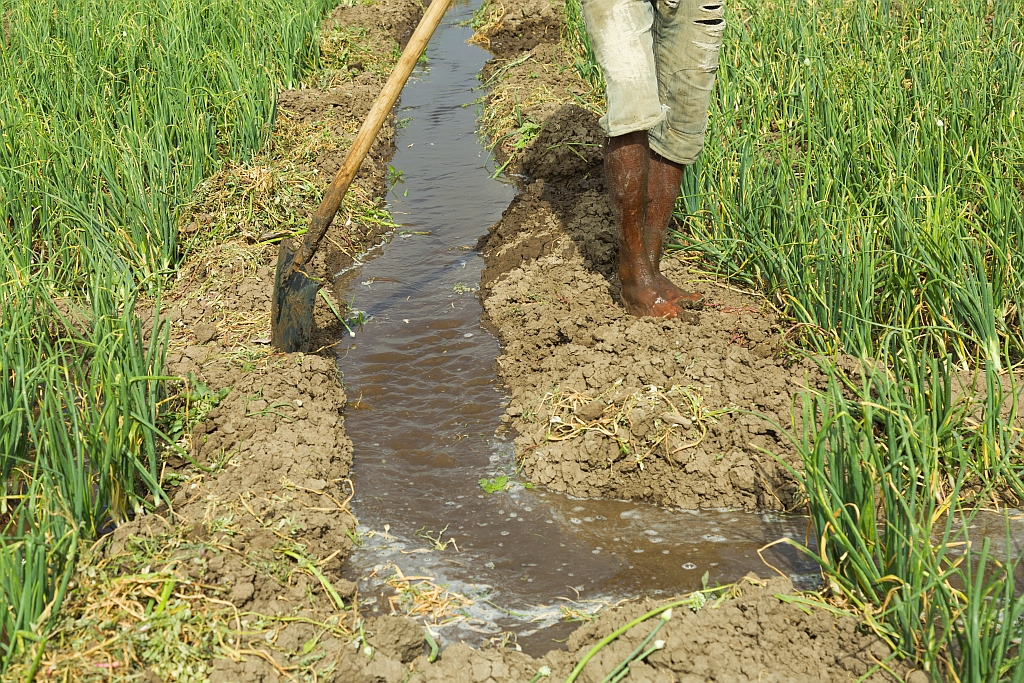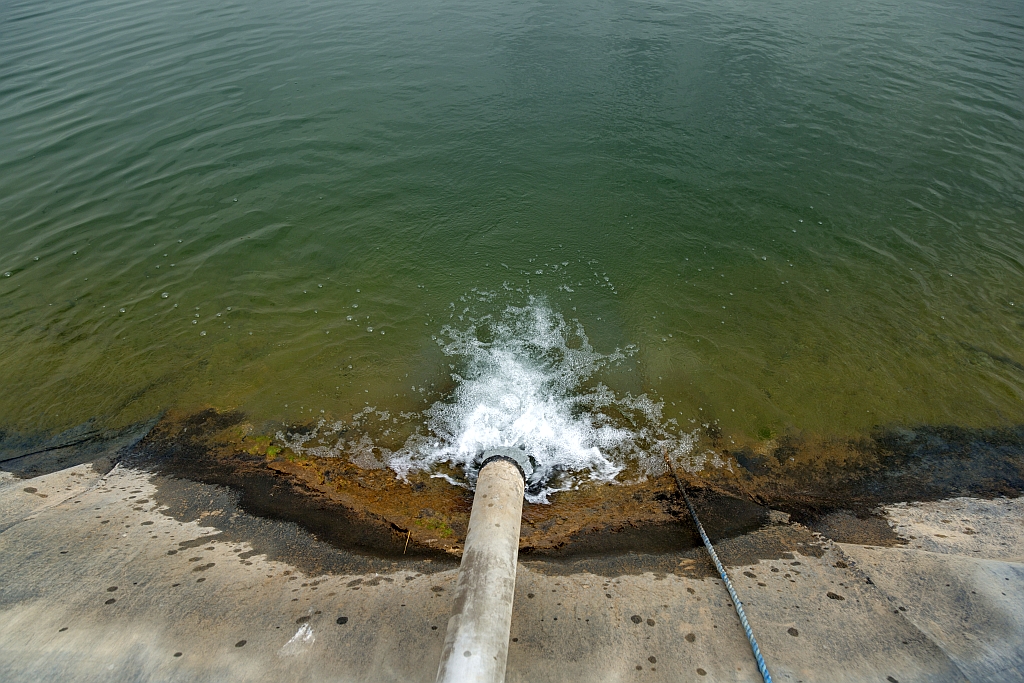IWMI joins a major UK-funded effort to find solutions

The International Water Management Institute (IWMI) will partner in a new project led by Newcastle University, UK, and aimed at tackling barriers to water security. Eighty percent of the world’s population live in areas where water security is threatened, yet efforts to resolve the problem are thwarted by pressures such as pollution, extreme weather, urbanization, overuse of groundwater and land degradation.
The recently launched project brings together global experts from academia, industry and government to address the challenge of water security for all. Funded by UK Research and Innovation (UKRI) through the Global Challenges Research Fund (GCRF), the new Water Security and Sustainable Development Hub is one of 12 hubs being set up to tackle some of the greatest challenges facing today’s society.
“Access to clean water is . . . the stepping stone to sustainable development, because it improves health, supports jobs, and enables food production,” explained Richard Dawson, from the School of Engineering at Newcastle University and academic lead for the Water Security and Sustainable Development Hub. “We need to educate and incentivise sustainable use of water but also manage water risks, such as floods and droughts, and reduce pollution of the water supply to protect what we have. Most importantly, we need to make some difficult choices. Climate change, a growing population and an increasing demand for water are putting immense pressure on the system. Only by understanding all the barriers and challenges will we be able to start addressing the issues of water security. If we continue to focus on parts of the water system in isolation, we will never solve this problem.”

Starting in March, the GCRF Water Security Hub will run for 5 years. It brings together leading research partners from Colombia (Universidad del Valle and Universidad del Cauca), Ethiopia (University of Addis Ababa), India (Indian Institute of Technology Delhi and School of Planning and Architecture Delhi), Malaysia (University Teknologi Malaysia) and the UK (University of Leeds and University of Oxford) together with IWMI.
“Our mission and work are closely aligned with that of the GCRF Water Security Hub, and we’re pleased to be part of the multidisciplinary team led by Newscastle University,” said Claudia Sadoff, IWMI’s director general.
Involved in developing the project proposal from its inception, IWMI researchers contributed to several of its work streams, ensuring that the project addresses global challenges to water security, including issues that are specific to Ethiopia, where IWMI has been working to improve agricultural water management for two decades.
“The enormity of the problem means we can only solve it . . . by bringing researchers together with local communities, local and national governments, water providers, business and industry and global organizations,” Dawson said. “I am delighted about the quality of the partnership, which has a truly global presence. The key will be to learn from each other, share examples of good practice, and look at how these can be transferred and translated to ensure water security around the world.”
For more information about UKRI and the GCRF Hubs, visit: www.ukri.org

